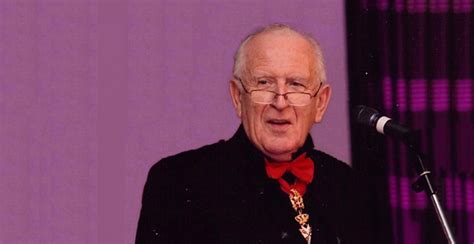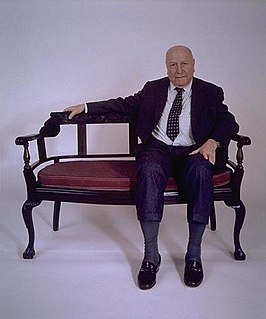A Quote by Morris Raphael Cohen
Liberalism is an attitude rather than a set of dogmas - an attitude that insists upon questioning all plausible and self-evident propositions, seeking not to reject them but to find out what evidence there is to support them rather than their possible alternatives.
Related Quotes
But I'd rather help than watch. I'd rather have a heart than a mind. I'd rather expose too much than too little. I'd rather say hello to strangers than be afraid of them. I would rather know all this about myself than have more money than I need. I'd rather have something to love than a way to impress you.
By looking upon themselves as human beings, their whiteness to them isn't the yardstick of perfection or honor or anything else. And, therefore, this creates within them an attitude that is different from the attitude of the white that you meet here in America, and it was in Mecca that I realized that white is actually an attitude more so than it's a color.
I would say that deconstruction is affirmation rather than questioning, in a sense which is not positive: I would distinguish between the positive, or positions, and affirmations. I think that deconstruction is affirmative rather than questioning: this affirmation goes through some radical questioning, but it is not questioning in the field of analysis.
Jesus expressed intense anger toward those who where immoral, such as the self-righteous Pharisees, but he never suggested that they were demonized. Toward the demonized, however, he never expressed anger; rather he exhibited only compassion. As Langton notes, "Pity rather than anger characterizes the attitude of Jesus toward the possessed...He treats them as if they were the victims of an involuntary possession." Indeed, he treats them as though they are casualties of war. For, in his view, this is precisely what they are.









































